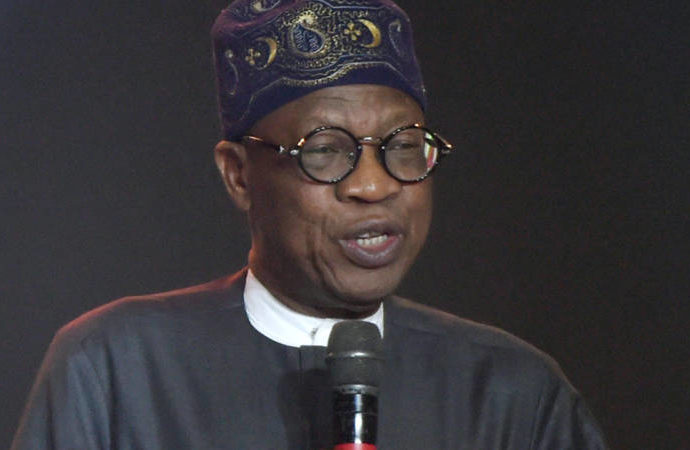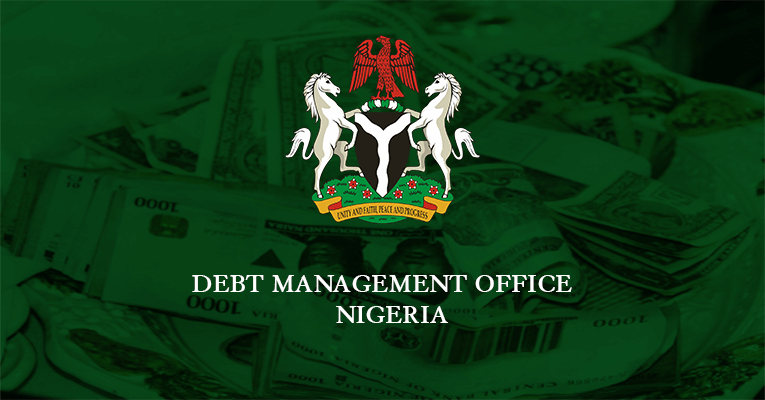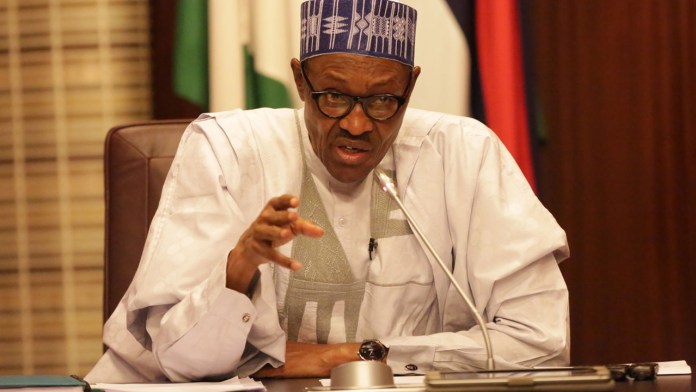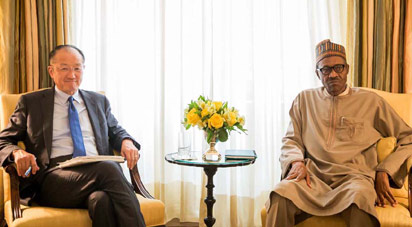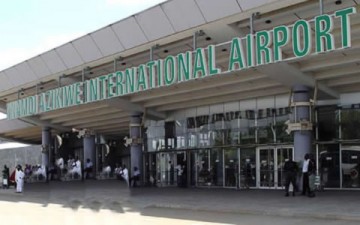The World Bank has said that the Central Bank of Nigeria’s restrictions on access to foreign exchange is responsible for the country’s slow economic recovery.
The World Bank, in the latest Africa Pulse report, a biannual analysis of African economies published on Wednesday in Washington DC, looked at the challenges to retaining growth in an uncertain global environment.
For Nigeria, the report applauded the strategy of the Central Bank to increase sales of foreign exchange to the interbank market, Bureau de Change as well as other segments.
However, it advocated for an even spread of the sales of foreign exchange to other sectors such as the manufacturing and service sectors.
“However, foreign exchange liquidity conditions remain tight and are holding back activity in the non-oil sectors. Manufacturing and service sectors remain particularly weak.
“Banking sector vulnerabilities remain elevated. Foreign exchange restrictions, policy uncertainties and weak growth have affected the soundness of the banking sector.
“Non-performing loans have increased while profitability and capital buffers have decreased,” it says.
On economic growth in sub-Saharan Africa, the report said the region was already rebounding after registering the worst decline in more than two decades in 2016.
It stated that the regional growth was projected to reach 2.6 per cent in 2017.
It said that growth was expected to rise only slightly above population growth, a pace that hampered efforts to boost employment and reduce poverty.
“For Nigeria, growth is projected to rise from 1.2 per cent in 2017 to 2.5 per cent in 2018 and 2019.
“The modest turnaround will be underpinned by a gradual rebound in oil production and an increase in fiscal spending,” it says.
According to the report, Nigeria, South Africa, and Angola, the continent’s largest economies, were already seeing a rebound from the sharp slowdown in 2016.
While , Côte d’Ivoire, Ethiopia, Kenya, Mali, Rwanda, Senegal, and Tanzania are said to continue growing at above 5.4 per cent.
Overall, the report calls for urgent implementation of reforms to improve private sector growth, develop local capital markets, improve infrastructure, and strengthen domestic resource mobilisation.
Meanwhile the World Bank Chief Economist for the Africa Region, Dr Albert Zeufack, in a video conference after the launch, said the continent was in dire need of necessary reforms to boost investment and tackle poverty.
“As countries move towards fiscal adjustment, we need to protect the right conditions for investment so that Sub-Saharan African countries achieve a more robust recovery.
“We need to implement reforms that increase the productivity of African workers and create a stable macroeconomic environment.
“Better and more productive jobs are instrumental to tackling poverty on the continent,” he said.
For Nigeria, Zeufack talked about the urgent need to reform the financial sector, tighten monetary policy to further combat inflation and create the right regulatory framework to bring in investors.
Furthermore, the World Bank Lead Economist, Mrs Punam Chuhan-Pole, said poverty rates still remained high in the region, therefore regaining the growth momentum was imperative.
“Growth needs to be more inclusive and will involve tackling the slowdown in investment and the high trade logistics that stand in the way of competitiveness.”
Also, the World Bank Nigeria Senior Economist, Mrs Yu Man Lee, said there was a growing concern over Nigeria’s debt interest repayment to revenue.
She harped on the need for the country to improve its revenue, move from short term domestic borrowings to longer term loans like the Eurobonds.
Also, the acting Head of the Nigerian World Bank office, Mr Bayo Awosemusi, reiterated the bank’s commitment to addressing issues of hunger among the poor and vulnerable in the society.
He said the Bank would continue to engage with the Nigerian government to help expand their revenue scope and enhance revenue collection and utilisation.
TheNewsGuru.com reports that Nigeria’s Minister of Finance, Mrs. Kemi Adeosun had earlier in the week met with senior representatives from the World Bank and International Monetary Fund, IMF on how they can partner with Nigeria to ease repatriation of stolen funds and also put an end to the reception of such funds from Nigerians of questionable of integrity.
